Influential Grammy winner.
Electronic music pioneer.
Composer of some of the most memorable film soundtracks of all time.
Did anyone come to mind? No, it isn’t Giorgio Moroder or Brian Eno. It’s American music composer Wendy Carlos.
Wendy Carlos is a composer and electronic music pioneer known for her groundbreaking work in the field of electronic music and her significant contributions toward pushing synthesizer music into the mainstream.
Early Life & Start in Music
Wendy Carlos was born in 1939 in Pawtucket, Rhode Island, and began taking piano lessons at the age of six. Unable to afford a piano, Carlos’ father drew a keyboard on a piece of paper for her to practice on between lessons.
By the age of 10, she was composing her own music. Classical music piqued her interest as a child, and the genre would later prove to be instrumental to her success.
Aside from music, Carlos also had a knack for engineering and electronics. In 1953, when household computers were unheard of, she won the opportunity to build her own at the age of 14.
She went on to study both music and physics at Brown University, graduating from Columbia University in 1965 with a master’s degree in composition.
Mother of Moog Synthesizers
During her time in Columbia, she met engineer Robert Moog, an audio engineer working on the beginnings of what would become the iconic Moog synthesizer.
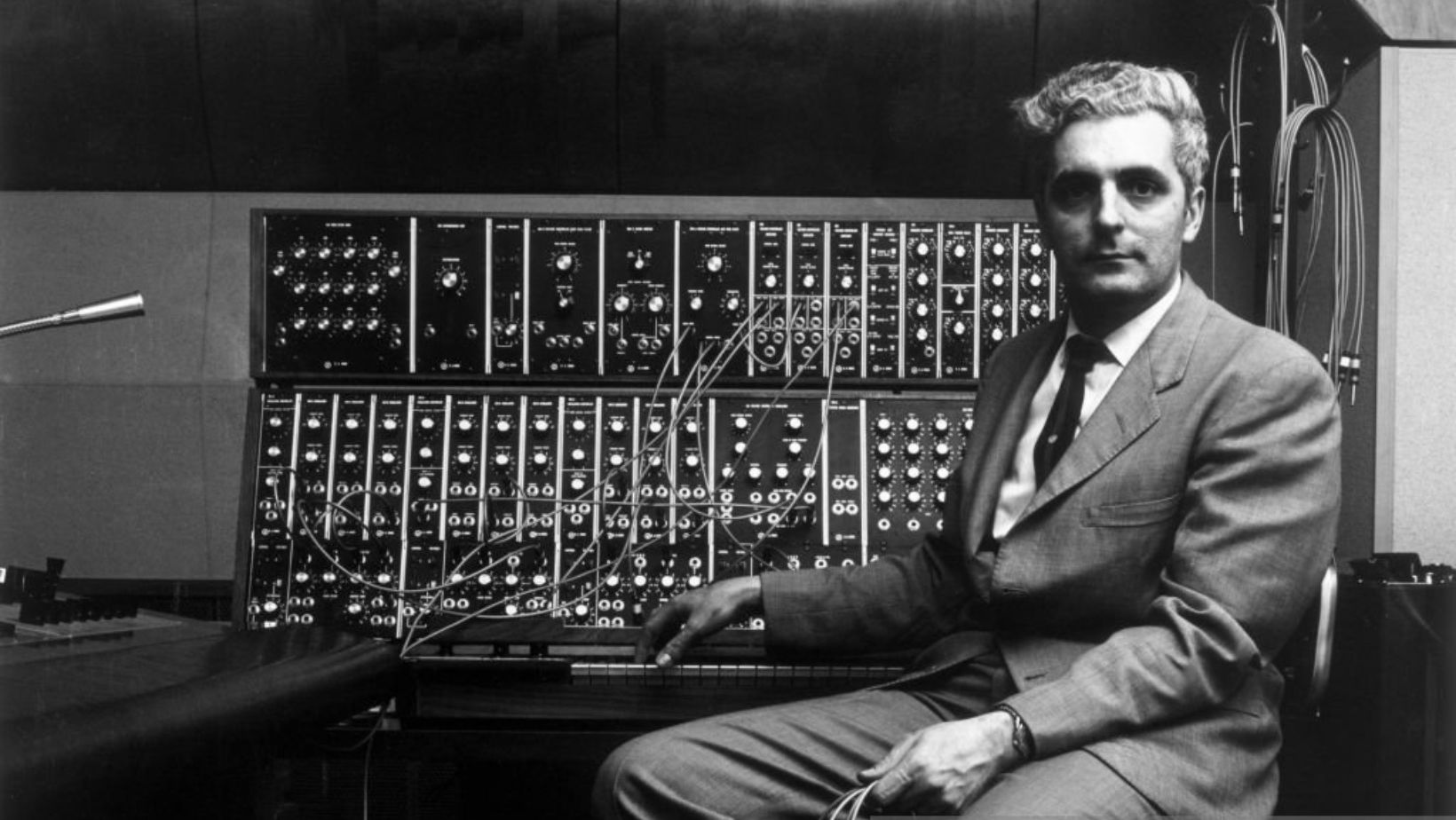
They immediately began a partnership. Carlos would order custom-made modules from Moog, and she would give him detailed advice on how to better the synthesizer.
One of her suggestions was to add a keyboard to more easily translate musical dynamics.
“In my entire lifetime, I’d only seen a very few people who took so naturally to an instrument as she did to the synthesizer,” Moog told People magazine. “It was just a God-given gift.”
A Bit About the Moog Synthesizer
The Moog synthesizer is a modular synthesizer named after Dr. Robert Moog.
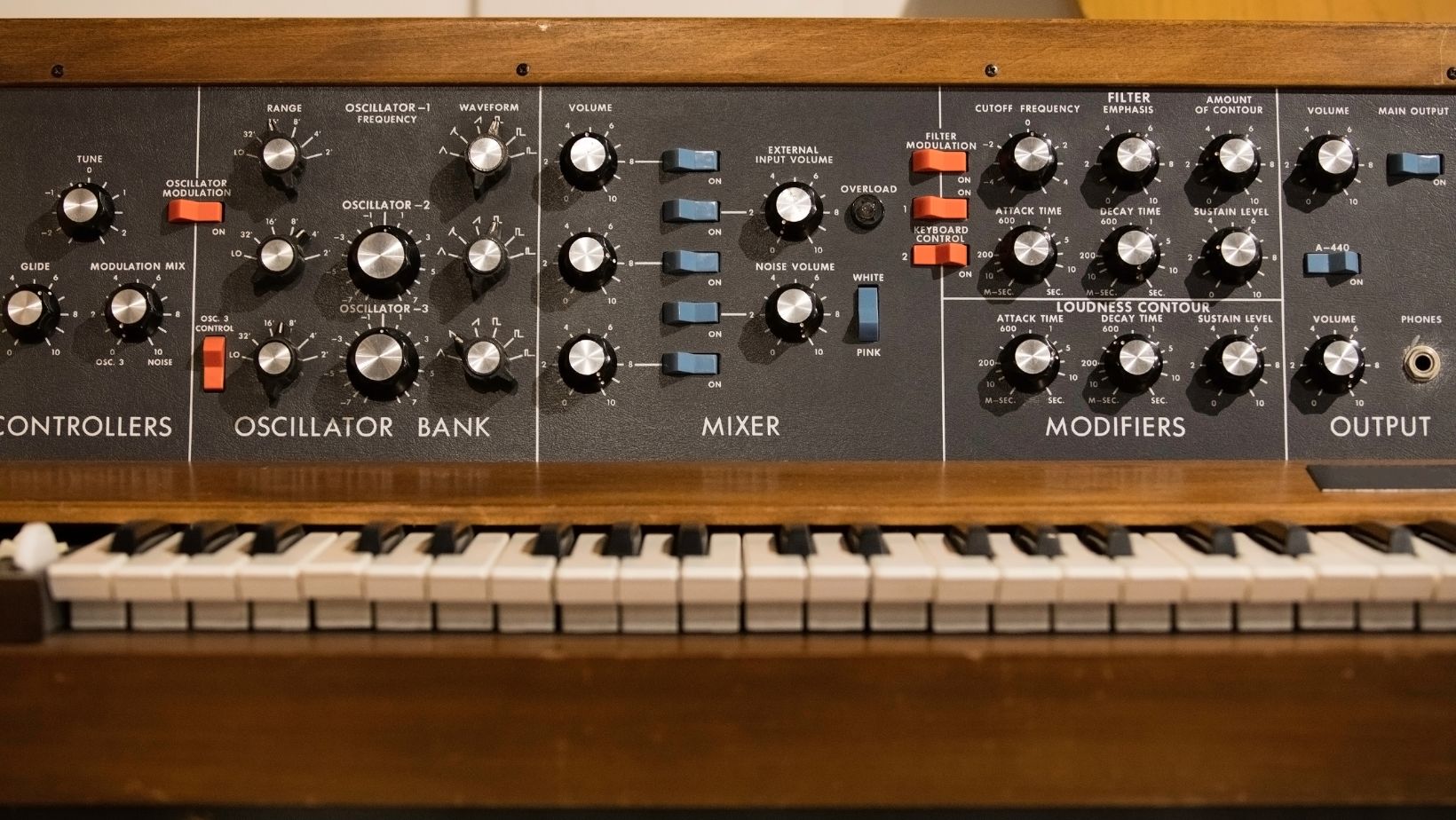
It was the first commercially available synthesizer and revolutionized the way sounds and music could be created and manipulated.
Moog’s invention was a breakthrough in the world of music, as it allowed musicians to generate and control a wide range of electronic sounds with unprecedented precision.
By the late 1960s, the Moog synthesizer had gained popularity among musicians, and its impact rippled throughout the music industry. It played a crucial role in the development of various genres, including electronic, rock, and pop music.
The distinctive, rich, and otherworldly sounds produced by the Moog synthesizer became emblematic of the era, with artists like Wendy Carlos, Kraftwerk, and Pink Floyd utilizing its capabilities to break new ground and create influential music.
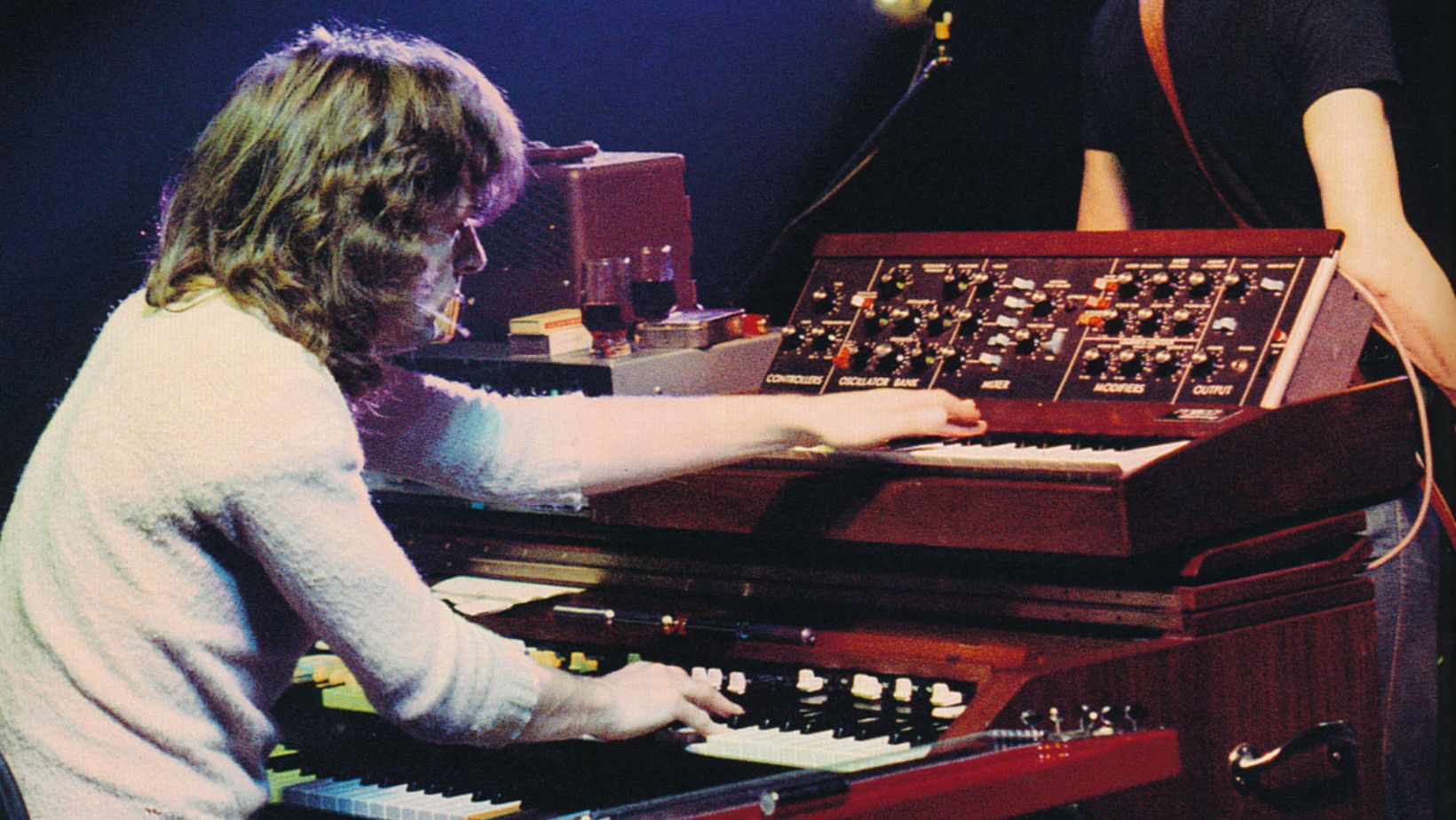
When Moog introduced his first modular synthesizer in 1964, it was primarily intended for academic and experimental purposes. However, as musicians and composers became aware of its capabilities, the demand for the Moog synthesizer skyrocketed.
Moog’s and Carlos’s work not only revolutionized the perception of electronic music but also played a crucial role in advancing the field of music technology. In a nutshell, this was a big deal in the history of music.
Today, the Moog synthesizer continues to be highly regarded, with its legacy shaping the landscape of electronic music and inspiring countless artists and producers worldwide.
Debut Album: Switched-On Bach
Wendy Carlos’s breakthrough — and arguably most influential work — is her 1968 album, Switched-On Bach.
The culmination of her interests in both engineering and classical music, Switched-On Bach is a performance of works by Johann Sebastian Bach reworked on the newly minted Moog synthesizer.
This was an impressive feat in both engineering as well as music performance. Tuning was notoriously finicky on early synthesizers. Even the slightest change in temperature could affect a note’s pitch.
In the notes to her “Switched-On” boxset, Carlos recounts the agonizing process behind achieving a perfectly tuned synthesizer melody:
Each recorded take on our first albums had to be tediously checked for pitch immediately before and after. You’d practice the line you were about to play, then do a precision tuning, quickly hit record and perform the note or notes, hit stop and recheck the tuning. If it was still near correct pitch, you assumed the take was too.
Talk about a Well-Tempered Clavier!
Surpassing everyone’s expectations, Switched-On Bach went on to become the first electronic album and the second classical album to go platinum. Well worth the hard work!
The album received critical acclaim, sold millions of copies, and earned three Grammy Award nominations, establishing Carlos as a trailblazer in electronic music.
Carlos’s technical prowess and creative approach to music production revolutionized the perception of electronic music and influenced countless musicians in the years to come.
Unfortunately, Wendy Carlos’s public image and popularity were growing at the same time she no longer felt comfortable presenting as male.
Gender Transition
Wendy Carlos was notable for keeping her personal life very private. Around the same time as she was seeing the immense success of Switched-On Bach, she was beginning her gender transition in private.
For public appearances, she would present as male out of fear of the stigma against transgender people.
At the 12th Annual Grammy Awards ceremony in 1970, Switched-On Bach won each of its nominations, and Wendy Carlos accepted the awards under her dead name.
With the financial success that came with the album, she was able to continue her transition and be her authentic self in private.
Fun fact: In the times she spent out of the limelight, Wendy Carlos became an accomplished solar eclipse photographer. Her work has even been published online by NASA!
Film Scores
Wendy Carlos’s film scores are iconic in both the worlds of film and electronic music.
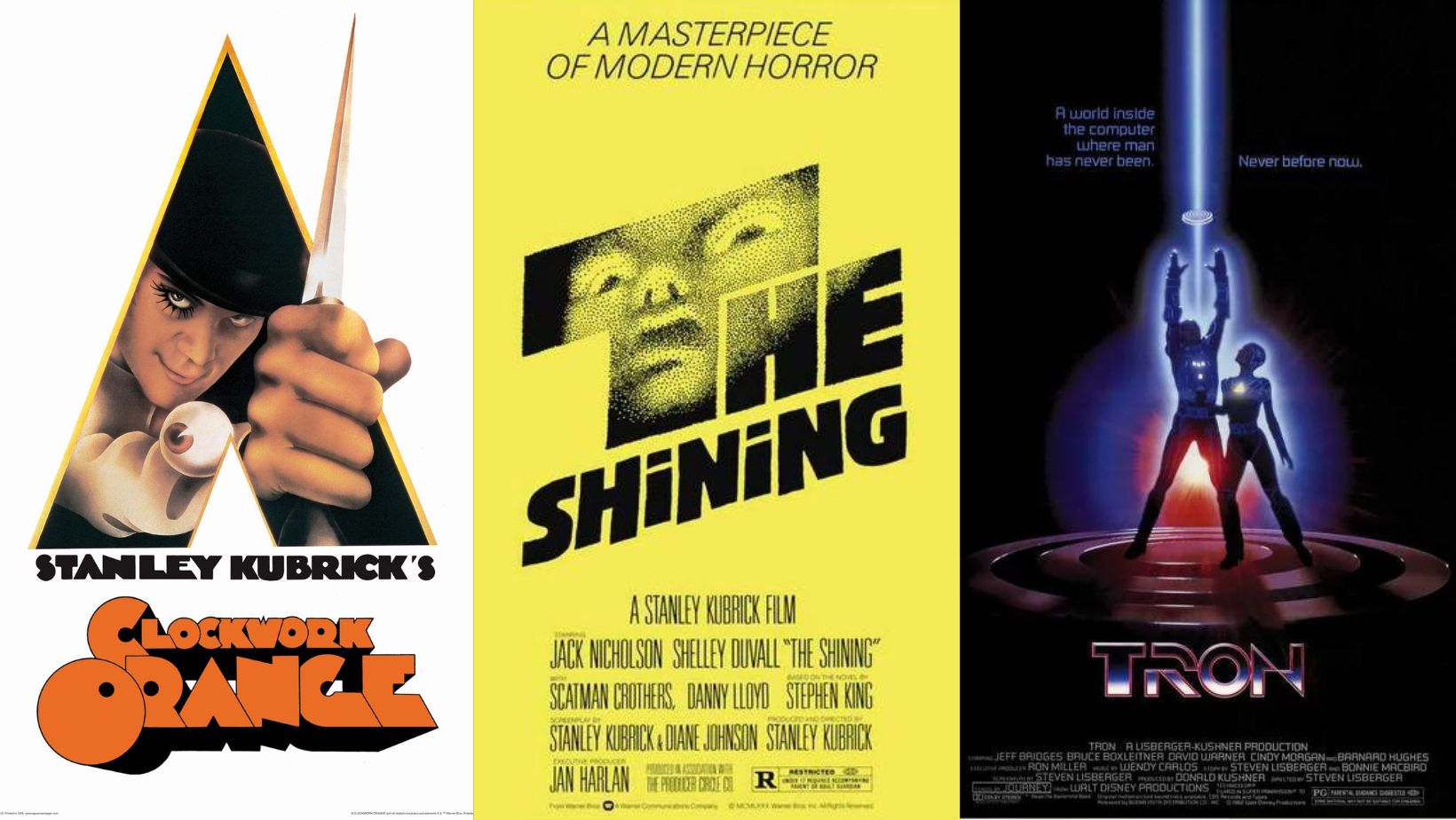
After Switched-On Bach, she gained the attention of filmmaker Stanley Kubrick. In 1972, he hired her to compose the soundtrack of his new film, “A Clockwork Orange.”
The soundtrack is another juxtaposition of classical music and synthesizer sounds, this time with some of Ludvig van Beethoven’s works being the keystone of pivotal parts of the film.
She collaborated with Kubrick again for his 1980 film, “The Shining,” which includes one of the most well-loved themes in film history.
Carlos’s music for the film added an eerie and unsettling atmosphere, heightening the tension and contributing significantly to the movie’s overall impact. Ask any film buff and they’ll agree: the soundtrack for “The Shining” is another character that carries the film.
In 1982, The Walt Disney Company asked Carlos to record the soundtrack to its science fiction feature “Tron.”
Between her work on film scores through the 70s and 80s, the soundtracks she composed have collected fanbases as passionate as the ones for the films they’re from.
Sadly for the public, Wendy Carlos is very protective of her music. Her recordings are hard to find on streaming music services because she owns most of her catalog and has not authorized its release on many platforms. She also spends considerable time and money combatting those who post her music on the internet without her consent.
Impact & Legacy
Wendy Carlos’s enduring legacy lies not only in her musical accomplishments but also in her bravery and openness about her transgender identity.
By speaking openly about her transition, she became an inspiration for the entire LGBTQ+ community, especially during a time when LGBTQ+ culture was a taboo subject.
“The public turned out to be amazingly tolerant or, if you wish, indifferent,” she said in a 1979 interview with People Magazine. “There had never been any need for this charade to have taken place. It had proven a monstrous waste of years of my life.”
Wendy Carlos is one of the biggest unsung influences on modern music.
It’s no exaggeration to say that she completely changed the trajectory of popular music, electronic or otherwise. Who else would think to combine classical and electronic music the way she did?
Wendy Carlos is a phenomenally talented innovator who tragically never got to bask in her own success. Her innovations in marrying both technology and music helped create an entire genre and her contributions should never be forgotten.

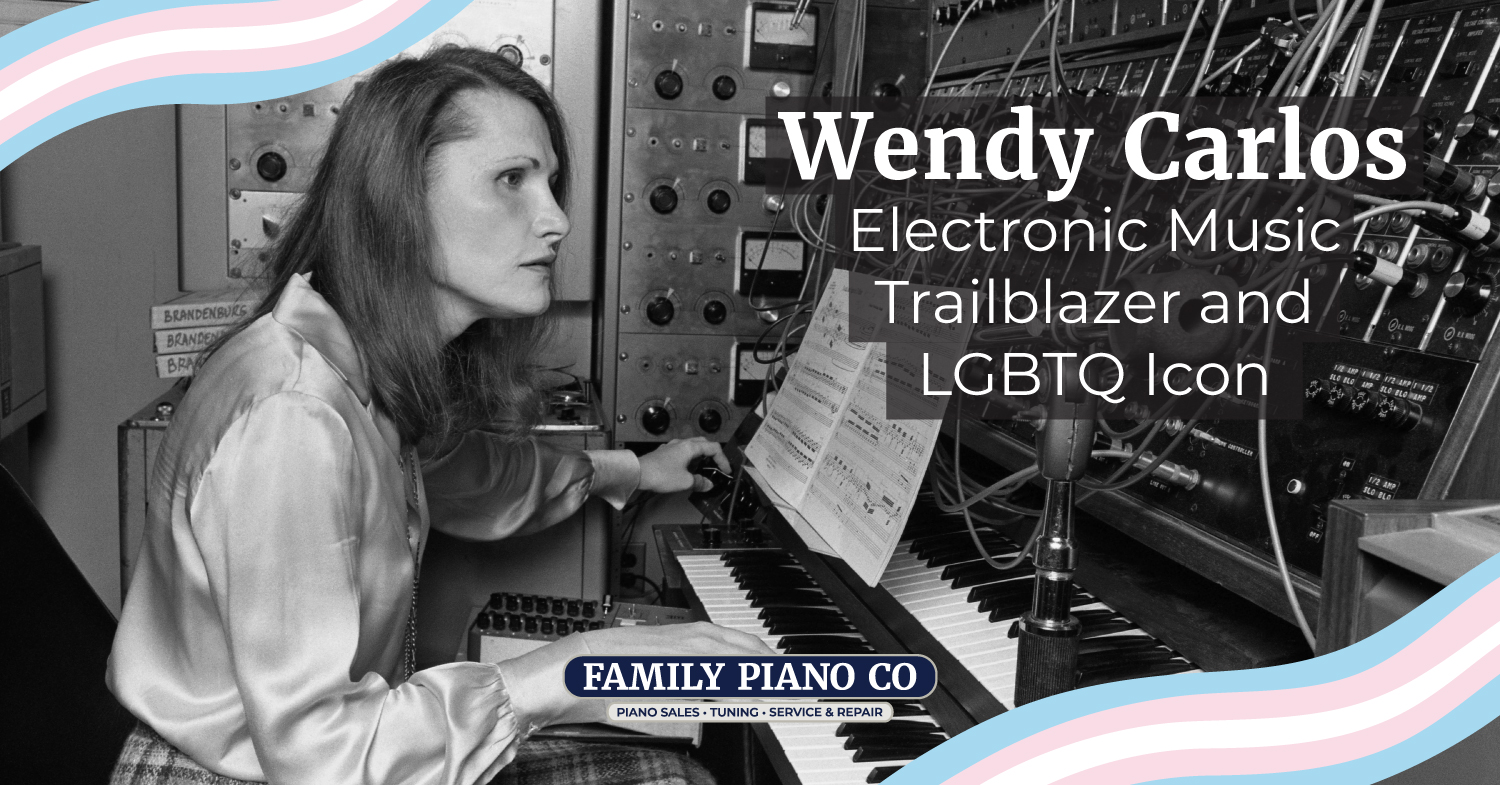



0 Comments